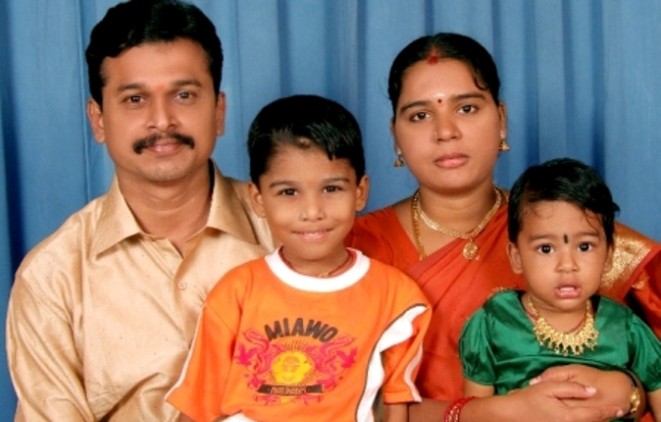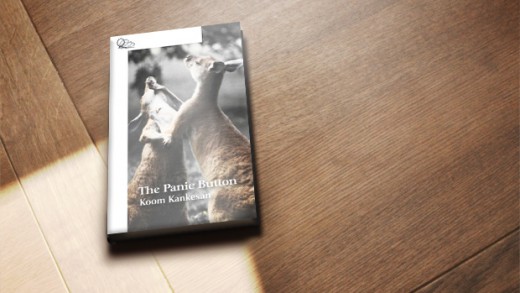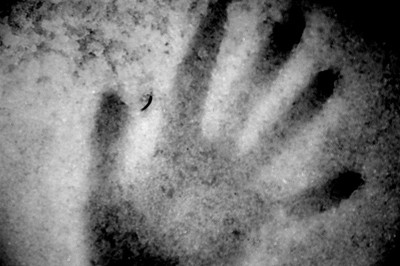My parents were born and raised in Sri Lanka. In 1988, my dad moved to Canada and painstakingly worked to earn enough money to sponsor my mother who came in 1990. Like all Tamils, they immigrated to Canada in search of an opportunity to raise a happy family in peace.
My parents experienced struggles firsthand. Every day was a challenge, every night a journey. The problems they faced back home became a story they would tell me. “I walked 8 miles to go to school barefoot.” Like many other children in Tamil families, I could not truly understand the hardships they had gone through.
How could I? I was born in Canada. My friends were mostly white and English-speaking. Every day I had enough food on the table and at night I had a nice bed to sleep on. On my birthdays I would get cake and gifts. What I did not understand was that the stories they told me are the reason I am sitting where I am today. What they could not have foreseen was that escaping one struggle meant plunging into another.
This was a battle to live in this new land. It was as silent as can be. But it was evident in how many Tamils that immigrated struggled to find adequate jobs. Those that could find low-paying jobs that yielded very little income, and often required them to work seven days a week. Many educated Tamils did not fare much better as most could not find work suited to their qualifications. They too were reduced to working for a meager wage as security guards and as gas station attendants just to put food on the table. Despite all of this, there was a sense of relief as the threat of death did not hang over them ominously as it had back home. Here, they had a real chance to survive.
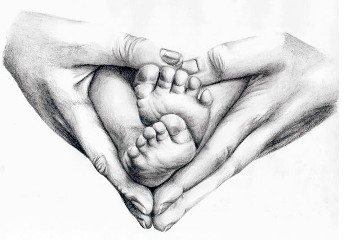
Many Tamil immigrants of our parent’s generation brought young children with them, or had children in Canada. It was for these children – us – that our parents toiled day after day. We grew up being pushed to study hard and become a doctor or an engineer. We aspired to be many things but often it felt like they had already planned out our life for us. We were nagged about everything from the clothes we wore to the way we ate. Sometimes even the kindest words would seem like a slight to our character, as if our ear permanently converted their words into unpleasant static. We used white people as a comparison for our family lives and yearned for a household devoid of conflict and pressure.
What our parents could not understand was that we were growing up in an entirely different environment. We did not always share the same views as them. They could not understand our Westernized views and it made us frustrated and angry with them. We wanted to stay out late, go to parties, watch movies and have people over. But many of us were denied these luxuries. We felt as if we were being cheated out of something important because our parents could not understand.
Yet behind every word of anger was love. Behind every beating was their fear that they may not be able to see us happy in their lifetime. We resented them for all of this as we did not see other people living like this. But our parents had gone through the worst and they knew what it was like to have nothing. They knew what it was like to feel empty inside and count each day as a blessing because death was always around the corner.
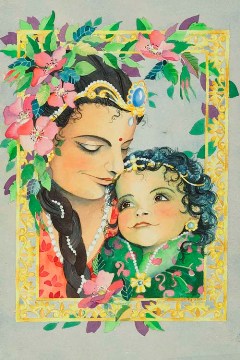
While they did not always vocalize their unhappiness, their pain echoed in the empty chambers of their hearts. To them, happiness would be to give us every reason to smile for every tick of every clock. Their experiences shaped them and in their own way, they tried to impart to us the struggles they went through.
Yet what Tamil parents and children failed to understand was each other. We grew up feeling suffocated and yearning for more freedom. Even when we understand our parents, this resentment will persist because when we look back on our lives all we see are missed opportunities. Sometimes we are blind to how much our parents truly did for us just as they are blind to how we felt growing up. Their methods were unorthodox and perhaps not always favourable. But they did it for us, their children.
Although I never had a great childhood, I had it a lot easier than my parents did. They fed me, clothed me and loved me. Despite my differences with them, I know that behind every action there was love. The story about walking 8 miles without shoes is not just a story. It’s my legacy. Every breath I take and every move I make will become part of that story. Do you know how our parents want that story to end? “I have given my children a life. I’ve made them happy.”

 Mango
Mango